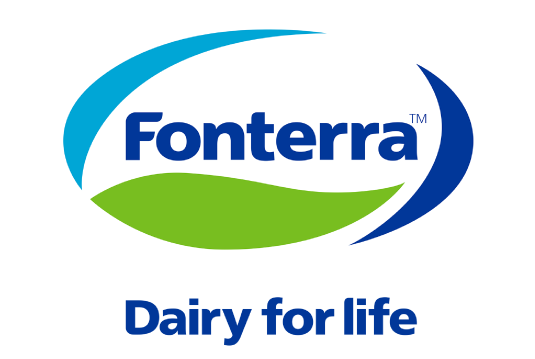Cow manure to fire up the BBQ
A study between Fonterra, Beca, Firstgas Group and EECA has found using organic waste is a viable, untapped solution to provide an alternative to New Zealand’s current residential gas supplies, with the potential to replace nearly 20% of the country’s total gas usage by 2050.
Biogas is created by anaerobic digestion, where bacteria breaks down organic matter (such as food waste or cow manure) to create a gas, which, once cleaned, can be used in existing pipeline networks, appliances and equipment, while saving up to 19 times the emissions.
Fonterra already has biodigesters at its Tirau and Darfield sites where bugs work to process fats and proteins in wastewater, cleaning the wastewater and creating a gas. As well as creating a gas there’s also a nutrient dense product that can be spread to paddocks and crops as fertiliser.
Head of Energy and Climate, Linda Mulvihill says the study provides another potential option to help the Co-operative get to net zero emissions by 2050 “we’re committed to playing our part to help the country transition to a low carbon future.
“We know the more alternative energy sources we have, the faster we will be able to transition our manufacturing operations onto renewable energy sources and off coal. This study is a good example of how Government and industry can work together – sharing science, expertise and experience – we can find solutions for the good of New Zealand.”
We’re committed to playing our part to help the country transition to a low carbon future.

The Co-op recently committed to getting out of coal at its manufacturing sites by 2037. Nine sites out of 28 currently use coal, with Te Awamutu being converted to wood pellets last season to reduce Fonterra’s coal use by around 10 per cent, the equivalent of taking 32,000 cars off the road.
The Exec Summary can be found here.
The full study can be found here.

